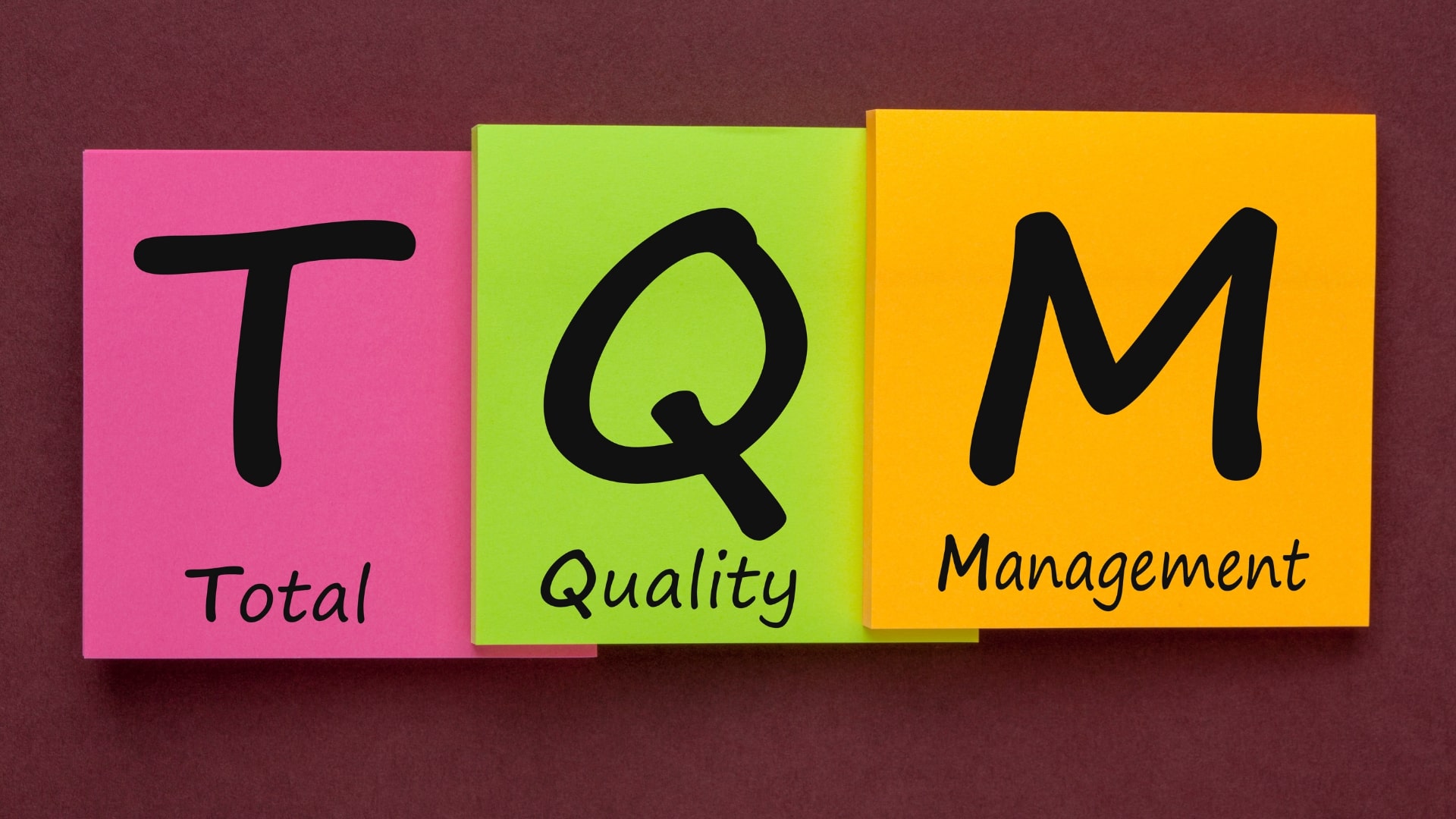
Total Quality Management (TQM) is a philosophy that focuses on achieving and maintaining high quality standards throughout an organization. It involves all employees and departments in the process of identifying and eliminating defects and improving processes.
The Principles of TQM
TQM is based on a number of key principles, including:
- Customer focus: TQM emphasizes the importance of meeting and exceeding customer expectations.
- Continuous improvement: TQM is an ongoing process of identifying and eliminating waste and defects.
- Employee involvement: All employees should be involved in the TQM process.
- Process orientation: TQM focuses on improving processes, rather than blaming individuals.
- Data-driven decision making: TQM relies on data and evidence to make informed decisions.
- Supplier partnerships: TQM involves building strong relationships with suppliers to ensure that they meet quality standards.
Benefits of TQM
TQM can provide a number of benefits to organizations, including:
- Improved quality: TQM can help organizations improve the quality of their products and services.
- Reduced costs: TQM can help organizations reduce costs by eliminating waste and defects.
- Increased customer satisfaction: TQM can help organizations meet and exceed customer expectations.
- Improved employee morale: TQM can create a more positive and engaging work environment.
- Enhanced competitiveness: TQM can help organizations become more competitive in their markets.
Implementing TQM
Implementing TQM requires a commitment from all levels of the organization. Here are some tips for implementing TQM:
- Develop a quality policy: Create a clear and concise statement of your organization’s commitment to quality.
- Involve everyone: Get all employees involved in the TQM process.
- Use quality tools and techniques: There are a number of tools and techniques that can be used to implement TQM, such as quality circles, statistical process control, and benchmarking.
- Measure progress: Track your progress and make adjustments as needed.
- Continuously improve: TQM is an ongoing process, and organizations should continue to seek ways to improve their quality efforts.
Conclusion
TQM is a comprehensive approach to quality that can help organizations achieve significant results. By focusing on customer satisfaction, employee involvement, process improvement, and data-driven decision making, organizations can create a culture of quality that will benefit both the organization and its customers.

